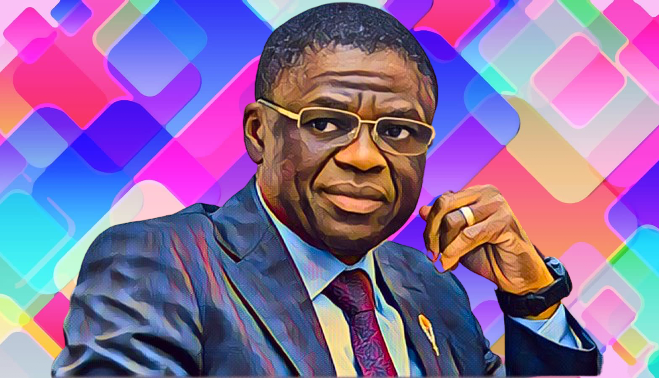In a notable development in Edo State’s political arena, the Federal High Court in Abuja declined to halt the alleged impeachment proceedings against the Deputy Governor, Mr. Phillip Shaibu, by the State House of Assembly. During the court session held on Wednesday, Justice James Kolawole Omotoso dismissed Shaibu’s request for an order to maintain the status quo, pending the resolution of his formal motion.
Represented by his counsel, Professor Olawoyin Awoyale, a Senior Advocate of Nigeria (SAN), Shaibu sought judicial intervention to freeze any impeachment actions against him. Awoyale, in his bid to persuade the court, cited a legal authority in support of the application. However, Justice Omotoso found the reference inapplicable, noting that key figures in the impeachment saga, namely the Governor of Edo State and the Edo State House of Assembly, had not yet received the original summons, a procedural necessity.
Nonetheless, the court consented to Shaibu’s plea for alternative means of serving the summons to the governor and the State House of Assembly. Justice Omotoso decreed that the court documents be conspicuously posted at the entrance of the Edo State Government House and the State House of Assembly Complex in Benin. Additionally, he mandated that all related court papers be dispatched to the involved parties via a registered courier service, setting April 15 as the date for the subsequent hearing.
The Deputy Governor, Phillip Shaibu, present throughout the proceedings, refrained from commenting on the day’s events to the media.
In the legal motion labeled FHC/ABJ/CS/321/2024, Shaibu named the Edo State Government, the Governor, the State House of Assembly, its Speaker, the Clerk of the Assembly, the Chief Judge of Edo State, the Inspector General of Police (IGP), and the Director-General of the Department of State Services (DSS) as defendants. Through his lawsuit, Shaibu seeks to prevent the initiation of any impeachment procedures against him, including the issuance of allegations, conducting hearings, or establishing investigative panels, pending the determination of his motion on notice.
Among the preliminary injunctions requested, Shaibu aims to restrain the defendants from any form of interference that might impact his removal efforts or his duties as Deputy Governor. This includes attending State Executive Council meetings and fulfilling other official responsibilities. He also seeks to ensure that all parties involved uphold the status quo that existed prior to the emergence of the alleged notice or petition for his impeachment, awaiting the comprehensive adjudication of the motion on notice.
This legal confrontation highlights the tense political dynamics within Edo State, signifying a crucial juncture for both Shaibu’s career and the state’s governance landscape. The court’s decisions in the coming days will be pivotal in determining the trajectory of this political dispute and the broader implications for Edo State’s political stability and governance.



